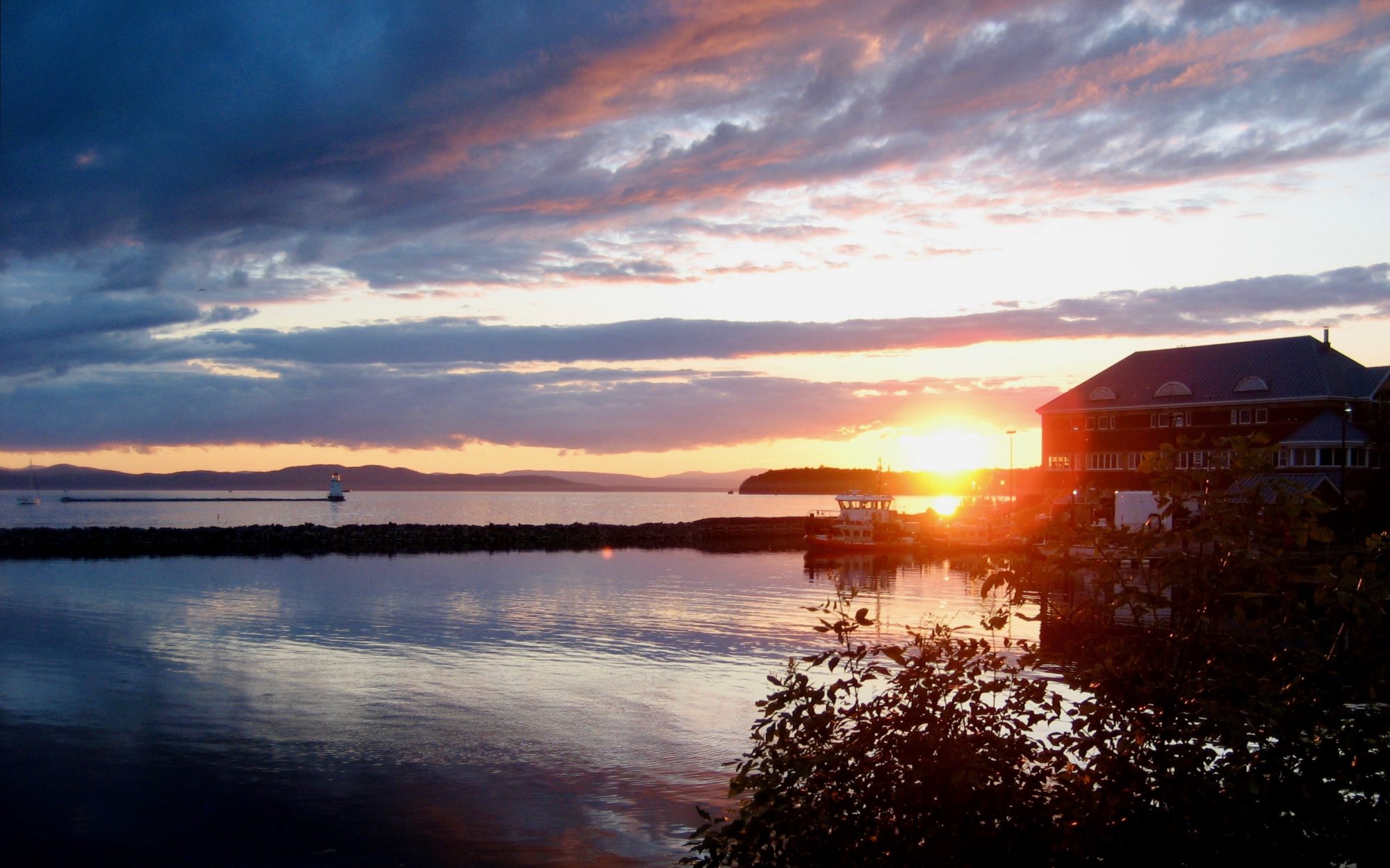 Tired. I think that word describes everyone tonight. We were on four scenarios today of increasing difficulty. I now understand why were are at UT tomorrow and have Saturday and Sunday off. I’m sorta wondering about next week given we have three days off.
Tired. I think that word describes everyone tonight. We were on four scenarios today of increasing difficulty. I now understand why were are at UT tomorrow and have Saturday and Sunday off. I’m sorta wondering about next week given we have three days off.
Our day started at 8am after breakfast with a small incline scenario of some individuals injured in a hunting accident. These first extractions were difficult and required some thought but were nothing when compared to the later ones.
 What was more interesting then the actual extractions was seeing the dynamics change in the groups as we learned to work together. It was a bit rough at the beginning as we learned to lead and follow. A lesson, which we will continue to learn all of next week.
What was more interesting then the actual extractions was seeing the dynamics change in the groups as we learned to work together. It was a bit rough at the beginning as we learned to lead and follow. A lesson, which we will continue to learn all of next week.
TK has a quote taken from the Air Force which says, “The more we sweat in peace, the less blood we spill in war. It is a quote he often reminds us of was we are performing these scenarios. Reminding us of the importance of doing things right now so as to do it right in the future.
As to the scenarios, the second was a climbing accident. I forgot my camera and couldn’t take any pictures but Jason was a great victim. It was hard at time keeping from laughing. After finishing this scenario we ate lunch and then had two more scenarios in the afternoon with camp staff and an EMS volunteer as victims.
 The first afternoon scenario was a tree accident on a steep embankment requiring ropes to assist in transport. The second was much more difficult requiring an ~1.5 mile extraction with half of it through a streambed. This victim “fell” off a 20-foot cliff after having a stove accident and being burned. Once we were able to move him to the opposite shore we were able to stabilize him, package and carry him to the next point. A waterfall. Yep, we had to take the basket down a 10-foot waterfall. I’ll post some pictures once I can get copies but it was really neat to see everything work out. Everyone really worked hard to ensure the safety of the team and the patient. Only one person was injured after slipping on the way up but none were injured on the extraction.
The first afternoon scenario was a tree accident on a steep embankment requiring ropes to assist in transport. The second was much more difficult requiring an ~1.5 mile extraction with half of it through a streambed. This victim “fell” off a 20-foot cliff after having a stove accident and being burned. Once we were able to move him to the opposite shore we were able to stabilize him, package and carry him to the next point. A waterfall. Yep, we had to take the basket down a 10-foot waterfall. I’ll post some pictures once I can get copies but it was really neat to see everything work out. Everyone really worked hard to ensure the safety of the team and the patient. Only one person was injured after slipping on the way up but none were injured on the extraction.
Once we were done, we ate dinner, cleaned everything up and had 1 presentation and 3 student presentations. I think this was the best day so far. Learned a bunch and will sleep great tonight.
Till tomorrow.
















